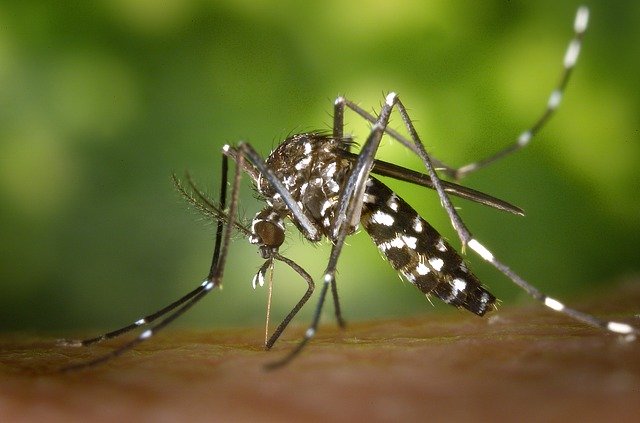WHO said the dengue is a fast emerging pandemic viral disease in many parts of the world. Dengue flourishes in weak urban areas the countries side but also affects more affluent neighborhoods in tropical and subtropical countries.
Dengue is a mosquito-borne of viral infection, causing severe flu-like illness and sometimes causing a potentially lethal complication called favorite dengue.The incidence of break bone fever has inflated thirty fold over the last fifty years. Up to 45-95 million infections are estimated to occur annually in over 100 pandemic countries, putting almost half of the world population at risk, and about 10000 to 20000 people die every year.
Dengue is a spread by species of female mosquitoes of the Aedes type. The dengue virus (DEN) consists of four distinct serotypes (DEN-1, DEN-2, DEN-3, and DEN-4), which belong to the genus flavivirus, family Flaviviridae.
A Vaccine for dengue fever has been approved, and it is commercially available in the number of countries that vaccine is only recommended in those who have been previously infected. Other methods of prevention include reducing the mosquito's habitat and limiting exposure to biting. This way is done by getting rid of or covering standing water and wearing clothing that covers much of the body.
Symptoms of Dengue Fever
Symptoms, which usually begin four to 6 days after infection and last for up to 10 days, may include the following:
- Eyes pain
- Headache
- Rash
- Muscles pain
- Bone pain
- Joint pain
- Nausea/vomiting
Sign Of Severe Dengue
1. Stomach or belly pain, tenderness
2. Vomiting (at least three times in 24 hours)
3. Bleeding from the nose or gums
4. Vomiting blood or blood in the stool.
5. Feeling tired restless or irritable
Treatment
There is not a specific medicine to treat dengue infection. If you have dengue fever, you should use pain relievers with acetaminophen and avoid medications with aspirin, which could worsen bleeding. You should additionally rest, drink many fluids, and see your doctor. If you start to feel worse in the first 24 hours after your fever goes down, you should go to a hospital immediately to be checked for complications.
Preventing Dengue Fever
The best way to prevent the disease is to prevent bites by infected mosquitoes, mainly if you are living in or traveling to a tropical area. It involves protecting yourself and making an effort to keep the mosquito population down. The FDA has approved a vaccine since 2019 is called Dengvaxia to help prevents the disease from occurring in adolescents aged 9 to 16 who have already been infected by dengue. But, there currently is no vaccine to prevent the general from contracting it.
To protect yourself:
- Use mosquito repellents, even indoors.
- When outdoors, wear long-sleeved shirts and trousers tucked into socks.
- When indoors, use air conditioning if available.
- Make sure your window and door screens are secure and free of holes. If sleeping areas are not screened or air-conditioned, use mosquito nets.
- If you have symptoms of dengue, immediately meet your doctor.
To reduce the mosquito populations, get rid of places where mosquitoes can breed. These embrace recent tires, cans, or flower pots that collect rain. Regularly change the water in your outdoor and birdbaths and pets water dishes.
If someone in your home gets the dengue fever, you should speak to your doctors and be especially vigilant about protecting yourself and other family members from mosquitoes. Mosquitoes that can bite the infected family person could spread the infection to others in your home.










No comments:
Post a Comment
If you have any doubts, please let me know.